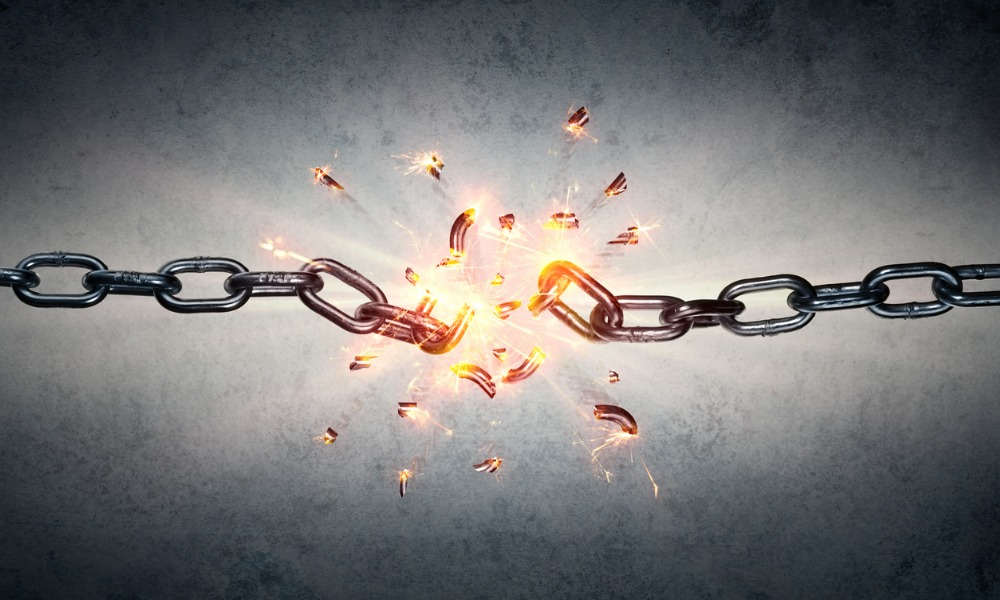Investment manager explains how fallout from Russia-Ukraine conflict exposes vulnerability of global supply chain

Since the latter half of the twentieth century, the global system of trade in goods and products has served the world well, creating efficiencies raising economic productivity to historically high levels. But after the eruption of a global pandemic and, more recently, armed conflict between Russia and Ukraine, that system is seeing unprecedented stress – and commodity investors have front-row seats to the ongoing spectacle.
“What we have here in this world at the moment is different than I think what most people looking at the commodity space are used to, which is a demand surge that has caught the market off-guard,” said Matt Zabloski, portfolio manager and founder of Delbrook Capital Advisors, sub-advisor to the recently launched Next Edge Capital Strategic Metals and Commodities Fund.
According to Zabloski, geopolitical issues are putting pressure on a broad spectrum of products, particularly fertilizers and those that fall under the energy complex. As commodities gain more attention from a multitude of parties including inflation-watchers, speculative traders, and hedge-seekers, there’s also a growing realization of supply-side risks that have been years or decades in the making.
The tensions in Europe are only part of the problem. Difficulties in South America, along with political situations stewing in the U.S. and Australia, are putting additional pressure on the intricately interconnected system of production and distribution that’s historically propped up global trade. And with the continued delays in development of commodities projects as well as shipment of physical commodities, the near-term outlook for a resolution isn’t so good.
“I won't say it's across the board, but I'd say most areas are feeling the impact of our supply chain that was not as robust as people thought originally. One kink in the system and the whole thing's falling apart,” Zabloski says. “Whether we're talking about commodity production, or transportation, or consumption, it doesn't really matter. The fact is we've not reinvested in backup facilities and systems.”
For years, just-in-time inventory management systems have been touted as a modern wonder of the business world. But the shock of the pandemic has exposed the perils of that model, illustrating how even a relatively minor supply disruption in one jurisdiction could totally upset the order of things.
“There’s no solution that presents itself very obviously to me right now,” Zabloski says. “We know the situation will be resolved in time – historically, it could take anywhere from 6 to 24 months –with an opening of the floodgates on the supply side. But we don't have that in this case here.”
Monetary policies and political decisions undertaken in certain key countries, he says, have only worsened the issue. Inarguably, actions against Russia represent the most extreme among current and recent examples of political decisions having economic ramifications. Bans on exports coming from the Eastern European nation have thrown a wrench into the entire commodity supply chain, and expectations are for the situation to get worse before it gets better.
“If you look at energy and at oil in particular, the supply side response from Saudi Arabia hasn't been material at all,” Zabloski says. “It doesn't have a great deal of excess capacity that it can bring on in short order.”
Against that backdrop, the bullish rhetoric for energy has only intensified. Prices in the energy space are at historically elevated levels, with recent swings trending more toward the upside. At the same time, valuations within energy equities are very inexpensive, which for a competent and skilled multi-commodity manager creates more opportunities to advantageously increase exposure.
“As commodities are cyclical and volatile, things tend to get overbought or oversold on each direction. But I think a nimble manager can take advantage of some of the short-term issues, particularly as it pertains to Russia,” Zabloski says.



